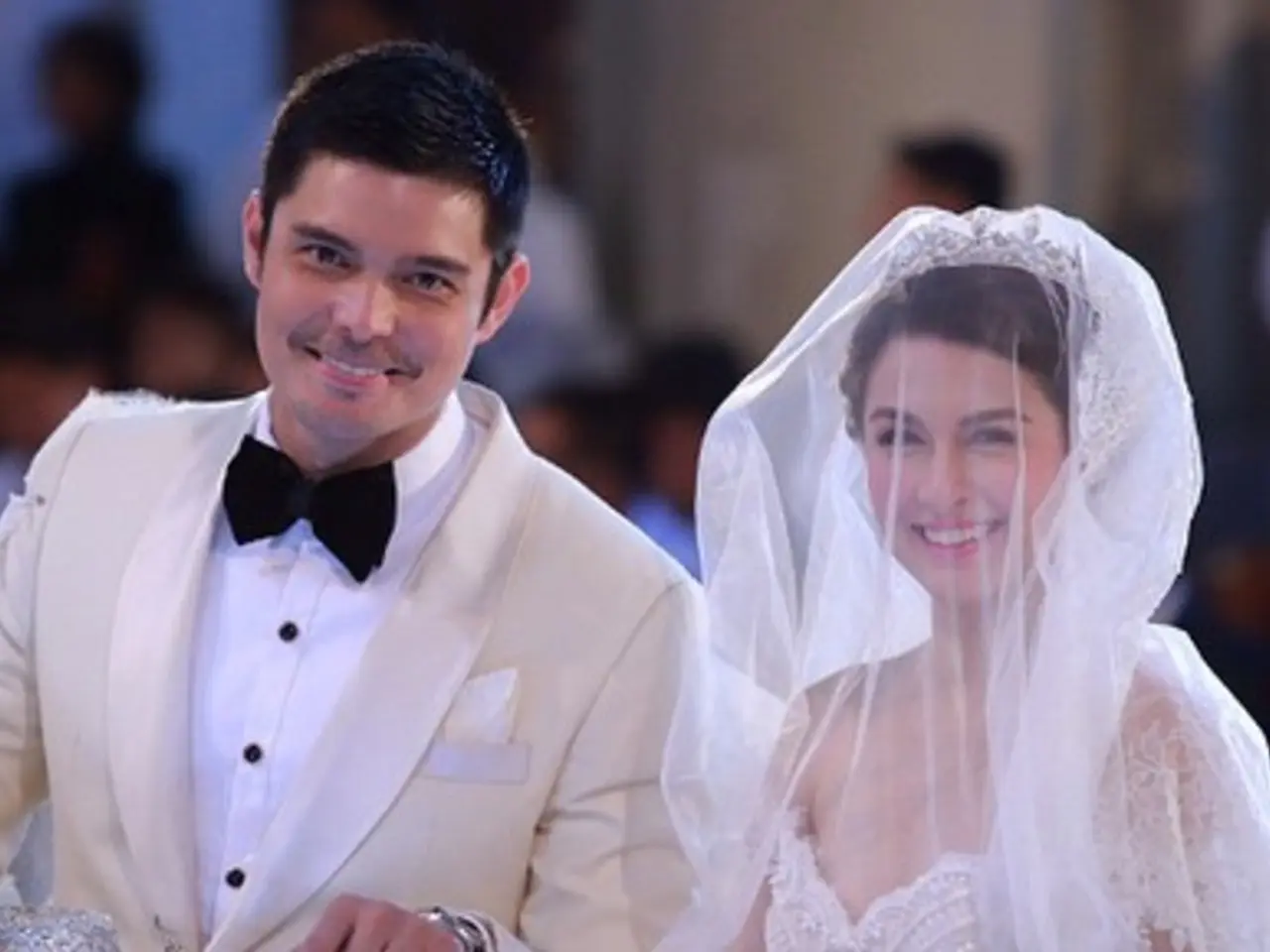Divorce court in Singapore determines and allocates assets and spousal support in an expatriate marriage
In a recent ruling, the Singapore High Court has divided the matrimonial assets of a US couple who are permanent residents of Singapore. The couple, who married in Hong Kong in September 2015, saw their divorce case come to a conclusion in March 2024.
The husband, a design manager, was earning SGD 111,951.33 per month, while the wife earned approximately SGD 5,000 per month at the time of trial. The court's decision included a portion of a Hong Kong flat, valued at SGD 245,263.04, in the divisible pool, as about HKD 824,000 of mortgage payments for the property were made during the marriage.
The court applied a weighting of 70% to direct and 30% to indirect contributions in arriving at a final division. This resulted in the husband receiving 55% of the SGD 8.37 million matrimonial pool, with the wife receiving 45%.
However, the case was not without its complexities. The contested Apple shares, valued at USD 2.9 million, were transferred from the husband to the wife, with the wife claiming they were a gift. The husband maintained that the transfers were for Turbo Tax planning and that the shares were held on trust for him.
The judge held that the transfers were for Turbo Tax planning and a resulting trust would normally arise in favor of the husband. However, due to the transfers being framed as 'gift-tax exemptions' designed to mislead tax authorities, the resulting trust was deemed unenforceable, leaving the legal ownership with the wife.
In assessing contributions, the court attributed 57% of direct financial input to the husband and 43% to the wife. Indirect contributions were treated equally at 50:50 by the court, recognizing the efforts of both parties.
The judge remained unpersuaded by the wife's request for maintenance, observing her continued earnings, lack of evidence of incapacity to work, and her sizeable share of the matrimonial pool. The court declined to make any order for spousal maintenance, despite the wife's claims of financial insecurity.
It is worth noting that Tan Rajah & Cheah, a prominent law firm in Singapore, represented a person who previously had a stake in the former US company Enron. In this divorce case, Jayesh Kishor Melvani and Khwaja Imran Hamid of Tan Rajah & Cheah represented the husband, while Hing Wei Yuen Angelina and Andrew Koh Zhiwei of Integro Law Chambers represented the wife.
In a significant ruling, the court also decided that the valuation of investment accounts should be determined at the AM (Ancillary Matters) hearing, not at the interim judgment date. This decision could have implications for future divorce cases in Singapore.
The Singapore High Court's ruling serves as a reminder of the complexities that can arise in divorce cases, even for high-earning couples. The court's decision to divide the matrimonial assets fairly, while taking into account both direct and indirect contributions, is a testament to its commitment to justice and fairness.




